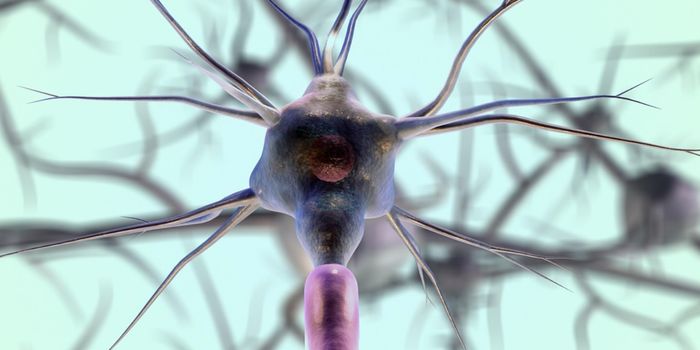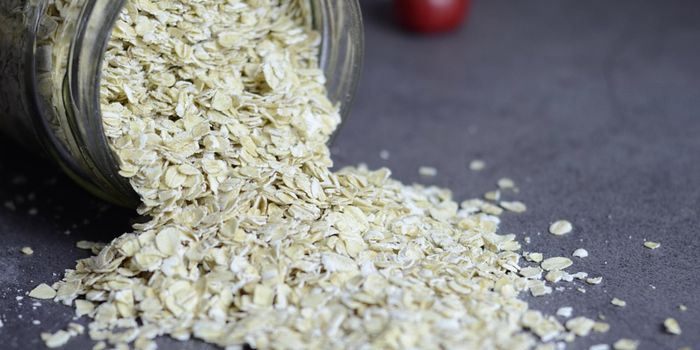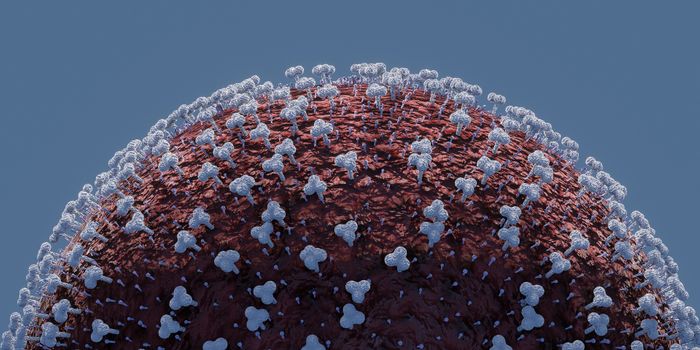Understanding Why Caloric Restriction Can Extend Longevity
Scientists have long known that when caloric intake is restricted, lifespan can be increased. But it is not known why. New research has revealed a cellular mechanism that could underlie this phenomenon; a gene called OXR1 is involved, and that gene is also crucial to healthy brain aging. The findings, which relied on a fruit fly model and human cells grown in culture, have been reported in Nature Communications.
"When people restrict the amount of food that they eat, they typically think it might affect their digestive tract or fat buildup, but not necessarily about how it affects the brain," said first study author Kenneth Wilson, PhD, a postdoctoral researcher at the Buck Institute for Research on Aging. "As it turns out, this is a gene that is important in the brain."
The activity of OXR1 may be enhanced by limiting calories. The gene is also critical to resilience in the brain and can protect against aging or neurological disorders, noted co-senior study author and Buck Professor Lisa Ellerby, PhD.
In this study, the researchers analyzed the brains of fruit flies with varied genomes. These flies were raised with either a normal diet, or a calorie-restricted diet that provided only ten percent of normal nutrient levels. The team found five genes that had variants that had a significant impact on aging during caloric restriction. Two of these five genes have analogs that are found in humans.
One gene, OXR1 (oxidation resistance 1) is known to protect cells from oxidative stress. In humans without OXR1, serious neurological deficits arise and mortality is premature. In a mouse model of amyotrophic lateral sclerosis (ALS), the addition of OXR1 improves survival.
OXR1 was shown to affect a complex known as the retromer, which is crucial to lipid and protein recycling in cells ."The retromer is an important mechanism in neurons because it determines the fate of all proteins that are brought into the cell," said Wilson. Dysfunctional retromers are linked to neurodegenerative diseases like Alzheimer's and Parkinson's diseases.
Dietary restriction seems to slows brain aging by maintaining retromer function via OXR1, which can also extend lifespan.
"This work shows that the retromer pathway, which is involved in reusing cellular proteins, has a key role in protecting neurons when nutrients are limited," said Kapahi.
"Diet is influencing this gene. By eating less, you are actually enhancing this mechanism of proteins being sorted properly in your cells, because your cells are enhancing the expression of OXR1," added Wilson.
Increased expression of this gene could extend lifespan, but this work remains to be confirmed in humans.
Sources: Buck Institute for Research on Aging, Nature Communications









